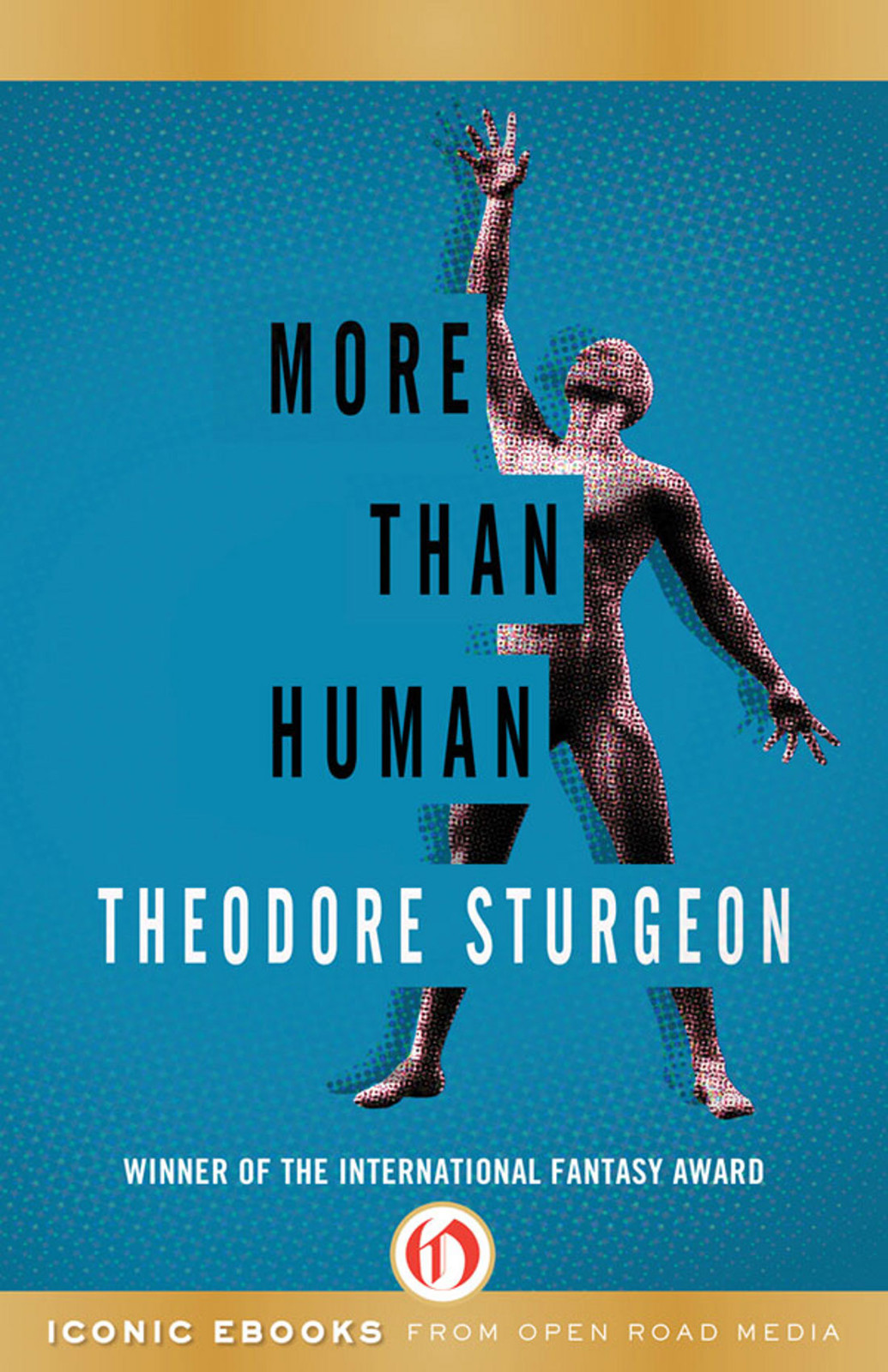
More Than Human PDF
Preview More Than Human
First published in 1953, this most celebrated of Sturgeon's works won the International Fantasy Award.
In this genre-bending novel, among the first to have launched science fiction into literature, a group of remarkable social outcasts band together for survival and discover that their combined powers render them superhuman. There's Lone, the simpleton who can hear other people's thoughts; Janie, who moves things without touching them; and the teleporting twins, who can travel ten feet or ten miles. There's Baby, who invented an antigravity engine while still in the cradle, and Gerry, who has everything it takes to run the world except for a conscience. Separately, they are talented freaks. Together, they may represent the next step in evolution -- or the final chapter in the history of the human race. As they struggle to find whether they are meant to help humanity or destroy it, Sturgeon explores questions of power and morality, individuality and belonging, with suspense, pathos, and a lyricism rarely seen in science fiction.
ReviewA quantum leap in the development of science fiction as an art. --Washington Post
A masterpiece of provocative storytelling. --New York Herald Tribune
The corpus of science fiction written by Theodore Sturgeon is the single most important body of science fiction written by an American to date. -- Samuel R. Delany
He (Sturgeon) brought things to science fiction that had never been there before: eloquence, passion, a love of life, and a fiery poetry that found its natural expression in prose. --Robert Silverberg
About the AuthorTHEODORE STURGEON (1918-1985) is one of the great figures of the golden age of science fiction. He wrote over 200 stories, several novels, film and TV scripts (including two of the most famous episodes of the original Star Trek), plays, and dozens of nonfiction reviews and essays. His many literary awards include the Hugo, the Nebula, and the International Fantasy Award. His most famous novel, More Than Human, won serious academic recognition as literature, a rarity among science-fiction works of the '50s.
